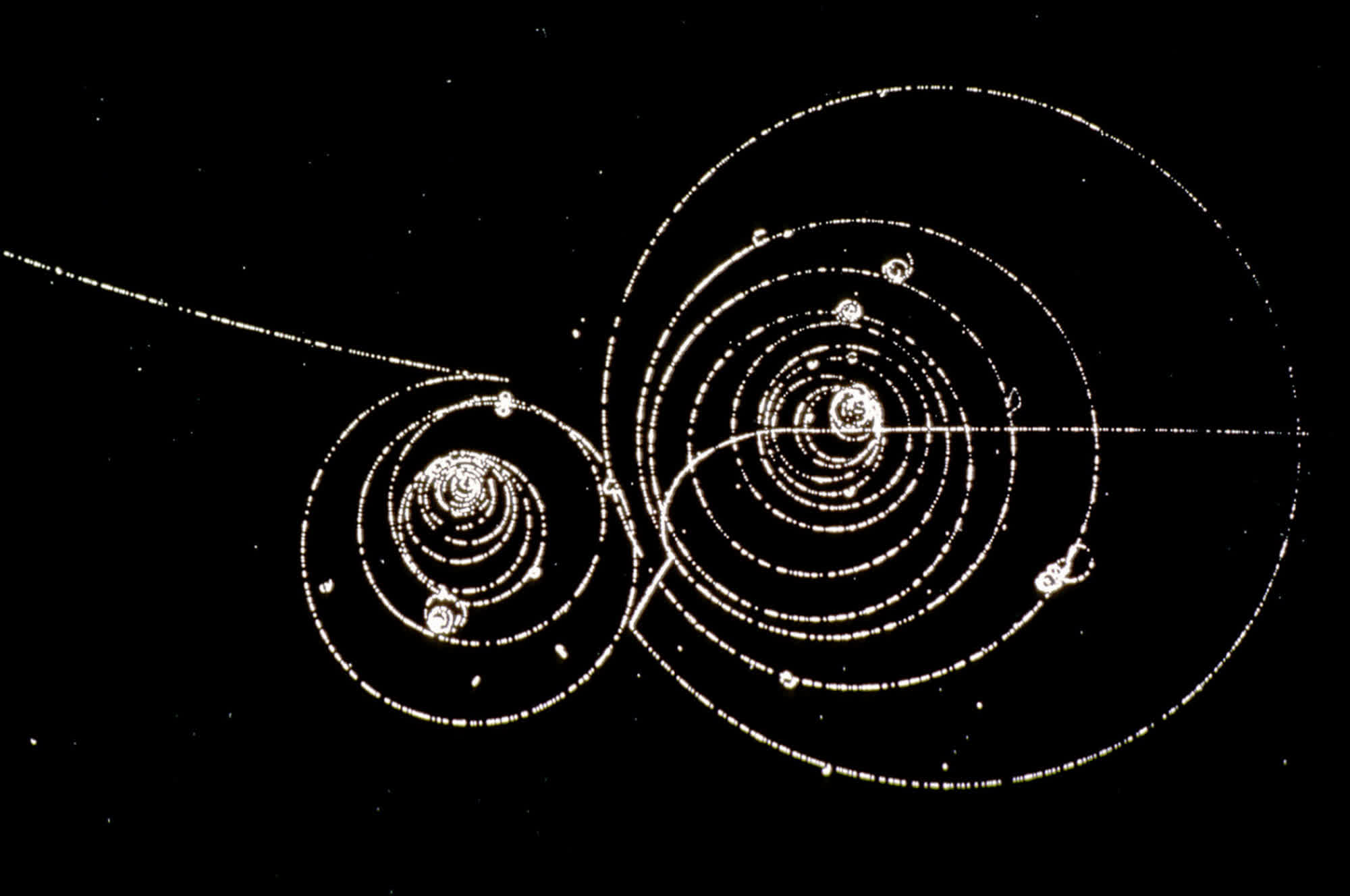Get the latest tech news
William James at CERN (1995)
This is obviously true of action. Whatever views your views on free will, it is indubitable that differing options occur to us, that we compare them, that we prefer some to others, that eventually we elect one and dismiss the rest.
Indeed, we can now point to parts of the brain which select specific features out of the signals of the sense organs --- cells in the occipital lobe, for instance, which respond only to straight lines at certain angles, or motion, or contrasts of light and darkness --- and we are beginning to understand the more elaborate construction of things out of such elements. Handling outrageous amounts of information arriving very fast, most of it utterly worthless, all of it of uncertain veracity, and picking out from it a few events of absolutely essential importance, recording them very fully, and inferring a detailed picture of the outside world: the job of detector electronics and military commanders during combat. More idiosyncratic but still broadly mainstream views can be found in Marvin Minsky, The Society of Mind(artificial intelligence), William Calvin, The Cerebral Symphony(neurology) and Daniel Dennett, Consciousness Explained(philosophy).
Or read this on Hacker News
